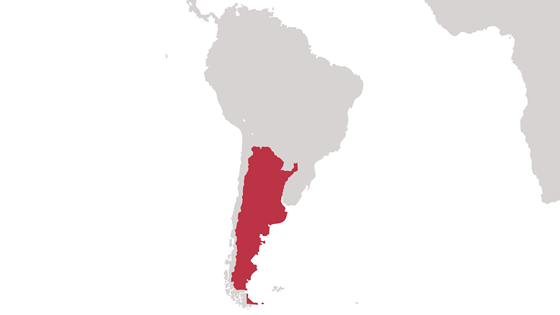Argentina, a country in southern South America, has a vibrant culture, stunning landscapes, and passionate people. From the bustling streets of Buenos Aires to the breathtaking beauty of the Andes Mountains, Argentina offers a wealth of experiences for travelers seeking to immerse themselves in a captivating destination. In this article, we will delve into the diverse facets of Argentina, exploring its history, culture, natural wonders, and culinary delights, drawing on authentic sources to provide an in-depth perspective on this fascinating country.
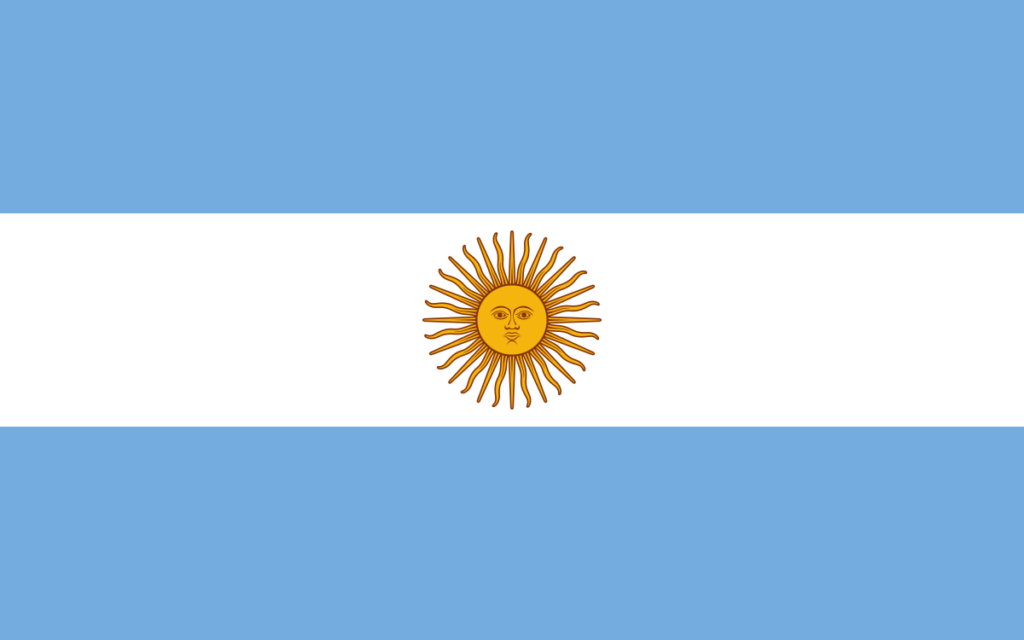
- Official Name: Argentine Republic
- Capital: Buenos Aires
- Population: Approximately 45 million
- Official Language: Spanish
- Currency: Argentine Peso (ARS)
- Area: Approximately 2.78 million square kilometers
- Government: Federal presidential republic
- Current President (as of my last update): Alberto Fernández
- Independence Day: July 9, 1816 (from Spain)
- Major Cities: Buenos Aires, Córdoba, Rosario, Mendoza
- Time Zone: Argentina Time (ART, UTC -3)
- Climate: Argentina has a diverse climate, ranging from subtropical in the north to subpolar in the south.
- Geography: Argentina is known for its varied landscapes, including the Andes Mountains in the west, vast pampas (grasslands), deserts, and the southern tip of the continent, which includes parts of Patagonia and Tierra del Fuego.
- Economy: Argentina has a mixed economy with a focus on agriculture, manufacturing, and services. It’s known for its agricultural exports, including soybeans, beef, and wine.
- Cultural Highlights: Argentina is famous for its tango music and dance, as well as its contributions to literature and cinema. It’s also known for its love of football (soccer) and has produced some of the world’s greatest players, including Diego Maradona and Lionel Messi.
A Tapestry of History
Argentina’s history is a fascinating blend of indigenous cultures, European colonialism, and waves of immigration. The country’s indigenous roots can be traced back to the pre-Columbian civilizations, such as the Incas and the Mapuche people. The arrival of Spanish explorers in the 16th century marked the beginning of the colonial era, leaving a lasting impact on the nation’s language, architecture, and customs. The struggles for independence and subsequent waves of immigration from Europe shaped Argentina into today’s multicultural society.
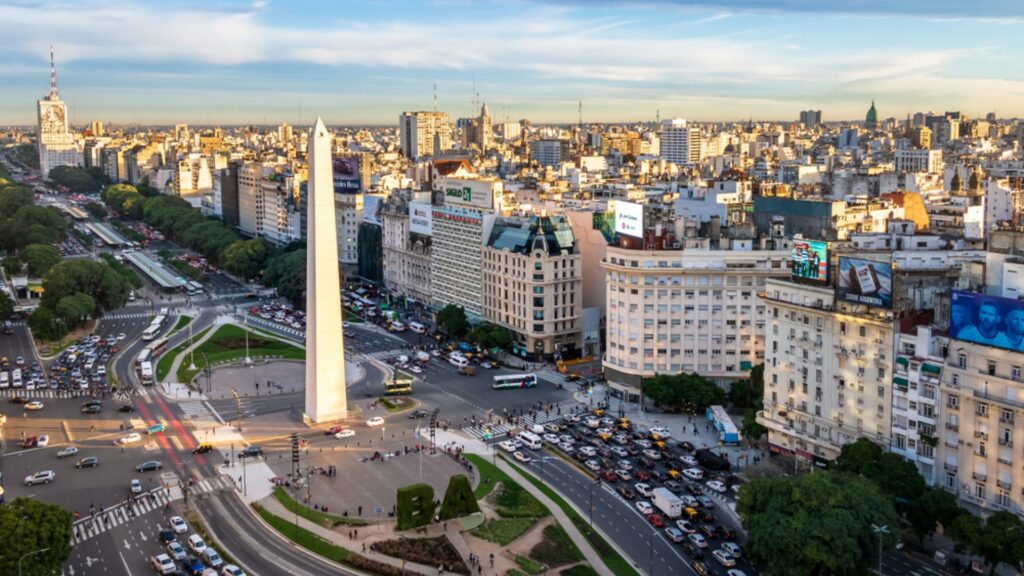
Cultural Melting Pot
Argentina is renowned for its diverse cultural heritage due to the fusion of indigenous traditions with European influences. Tango, the sultry and passionate dance form, originated in the streets of Buenos Aires and has become an emblem of Argentine culture. The country also boasts a thriving theater scene, with the iconic Teatro Colón in Buenos Aires recognized as one of the world’s premier opera houses. Additionally, the literary prowess of Argentine writers, including Jorge Luis Borges and Julio Cortázar, has earned the nation a reputation as an academic powerhouse.

Natural Wonders
Argentina is a treasure trove of natural wonders, from the snow-capped peaks of the Andes to the stunning landscapes of Patagonia and the awe-inspiring Iguazu Falls. The country offers opportunities for outdoor enthusiasts to explore its diverse ecosystems, including glaciers, deserts, wetlands, and lush forests.
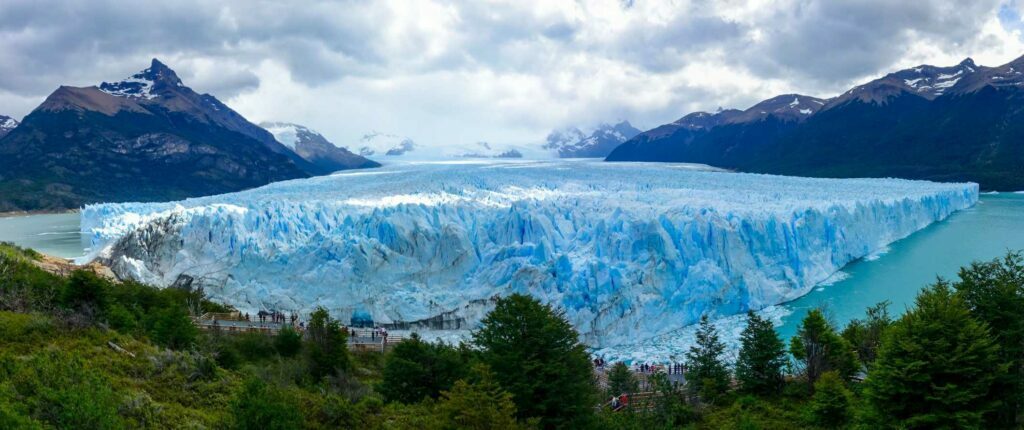
The Perito Moreno Glacier in Los Glaciares National Park is a must-see, showcasing the magnificence of nature’s icy sculptures. Patagonia’s dramatic landscapes attract hikers and nature lovers, while the thundering cascades of Iguazu Falls leave visitors spellbound.
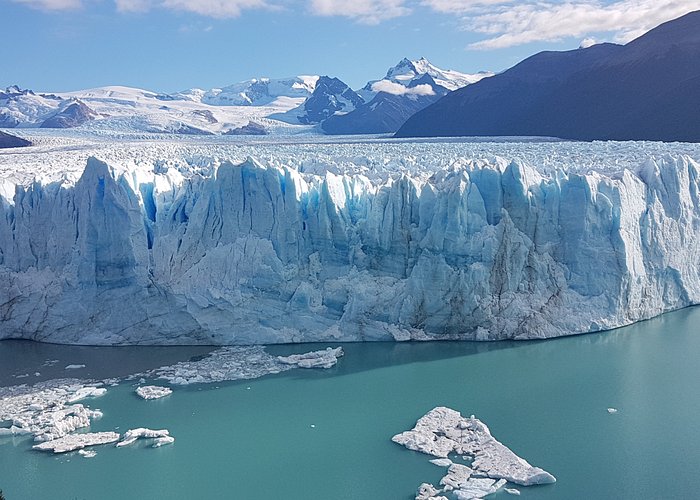
Gastronomic Delights
Argentina’s culinary scene reflects its rich heritage and agricultural abundance. The country is renowned for its beef, and no visit to Argentina is complete without indulging in a traditional asado, a mouthwatering barbecue feast. Empanadas, savory pastries filled with various ingredients, are a popular street food. And let’s not forget, mate, a traditional herbal tea consumed with great enthusiasm throughout the country, symbolizing friendship and hospitality.
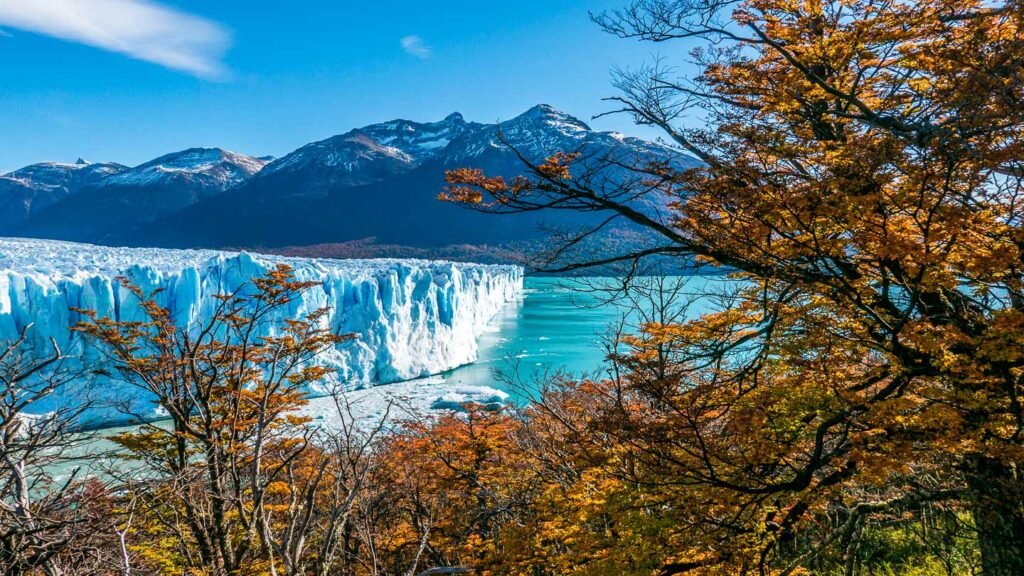
Sports and Passion
Argentines are famously passionate about sports, particularly football (soccer). The nation has produced legendary players like Diego Maradona and Lionel Messi, and attending a football match in Argentina is an unforgettable experience, immersing visitors in the energy and enthusiasm of the game.

Polo, another beloved sport, also holds a special place in Argentine culture, with international tournaments attracting enthusiasts worldwide.

Conclusion
Argentina is a country that beckons travelers with its intoxicating mix of culture, natural beauty, and warm hospitality. From its vibrant cities to its awe-inspiring landscapes, Argentina offers diverse experiences that leave a lasting impression. By delving into the country’s history, embracing its cultural treasures, exploring its natural wonders, savoring its culinary delights, and immersing oneself in the passion of its sports, visitors can truly appreciate the essence of Argentina. So, pack your bags, open your mind, and embark on a journey to discover the enchantment of Argentina.
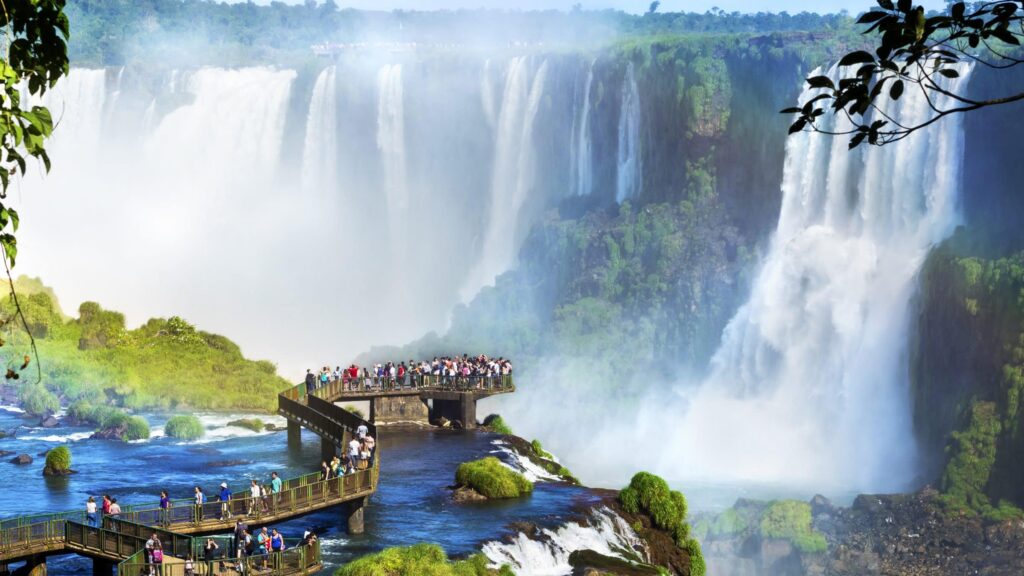
FAQ
Q: Where is Argentina located?
A: Argentina is located in the southern part of South America, bordered by Chile to the west, Bolivia and Paraguay to the north, Brazil, and Uruguay to the northeast, and the Atlantic Ocean to the east.
Q: What is the capital city of Argentina?
A: The capital city of Argentina is Buenos Aires, often referred to as the “Paris of South America.” It is the largest city in the country and serves as a cultural, economic, and political hub.
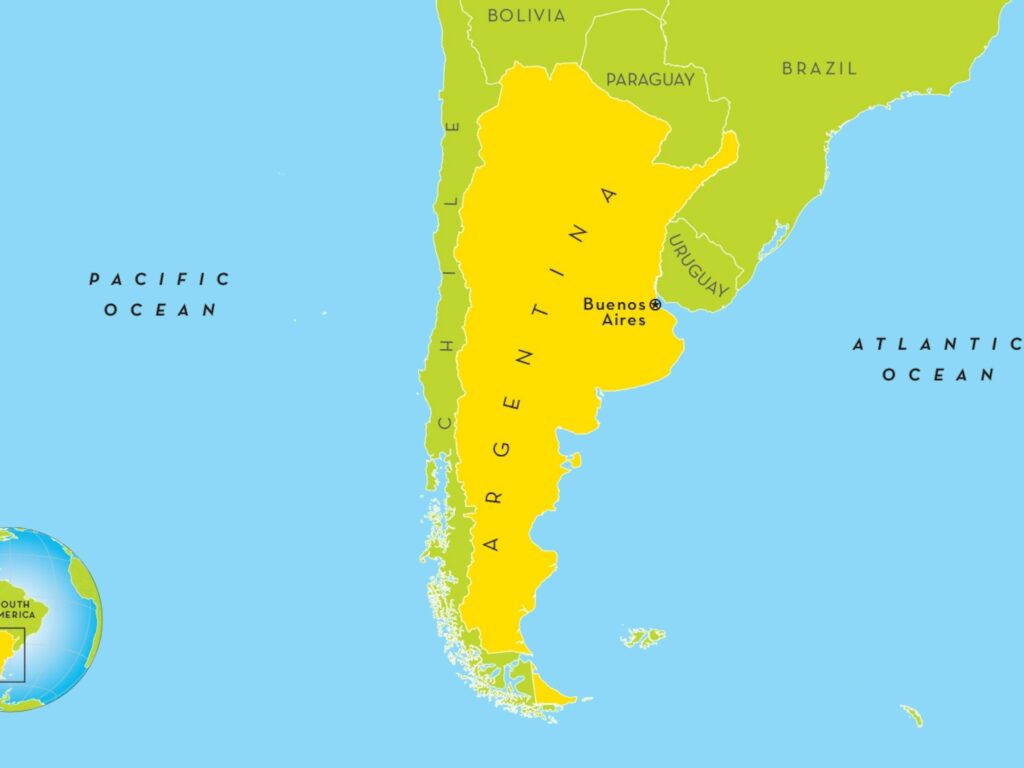
Q: What is the official language of Argentina?
A: The official language of Argentina is Spanish. Spanish is spoken by the majority of the population, although there are some regional dialects and indigenous languages spoken in certain areas.
Q: What is the currency used in Argentina?
A: The currency used in Argentina is the Argentine Peso (ARS). Having some local money when visiting is advisable, although major credit cards are widely accepted in most places.
Q: What are some famous tourist attractions in Argentina?
A: Argentina offers a wide range of attractions for tourists. Some popular destinations include Buenos Aires, with its vibrant neighborhoods and tango culture, the awe-inspiring Iguazu Falls, the stunning landscapes of Patagonia, including the Perito Moreno Glacier and the Fitz Roy mountain range, the wine region of Mendoza, and the colorful hills of Salta and Jujuy in the northwest.
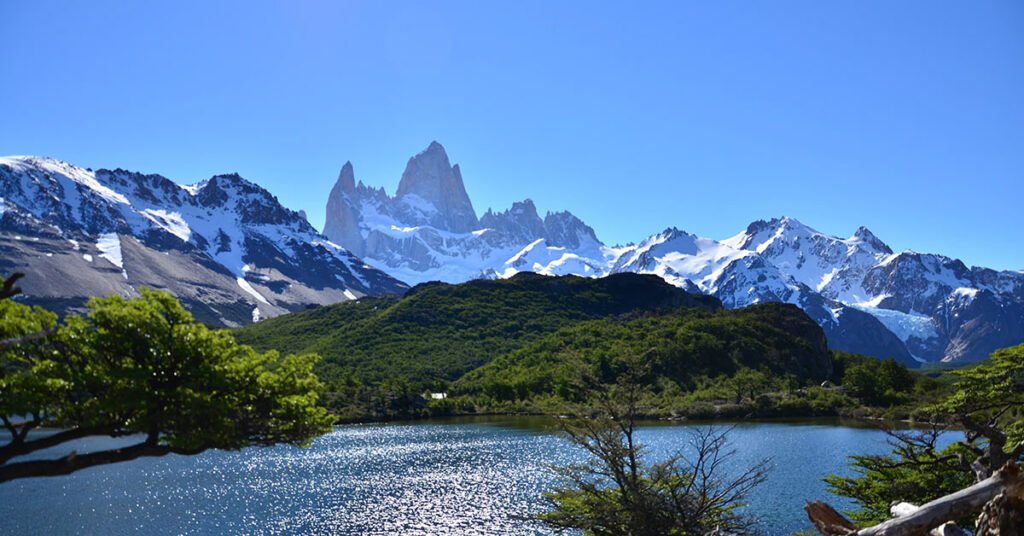
Q: Is Argentina a safe country to visit?
A: Argentina is generally considered a safe country for tourists. However, like any other destination, taking precautions and being aware of your surroundings is essential, especially in crowded tourist areas or large cities. Using common sense, avoiding displaying valuable items, and being cautious of petty theft are recommended. It is also advisable to stay informed about the local customs and follow any travel advisories issued by your home country.
Q: What is the best time to visit Argentina?
A: Argentina’s climate varies significantly due to its size and diverse geographical features. The best time to visit depends on the regions you plan to explore. The spring months (September to November) and autumn months (March to May) offer pleasant temperatures and less crowded tourist sites. Patagonia is best visited during the summer months (December to February) when the weather is milder, while the northern regions, such as Buenos Aires and Iguazu Falls, can be visited year-round.
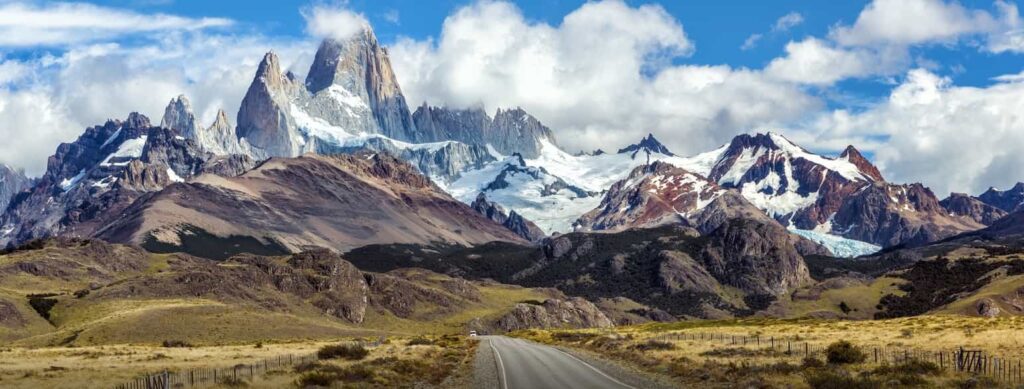
Q: Do I need a visa to visit Argentina?
A: The visa requirements for Argentina vary depending on your nationality. Some countries have visa-free agreements with Argentina, allowing visitors to enter for tourism purposes without a visa for a certain period. It is recommended to check the visa requirements for your specific nationality well before your trip.
Q: What is the local cuisine like in Argentina?
A: Argentina is famous for its beef and grilled meats. Asado, a traditional barbecue, is a popular culinary experience. Other traditional dishes include empanadas (savory pastries), choripán (grilled sausage sandwich), locro (a hearty stew), and mate (traditional herbal tea). Argentina is also known for its wine production, particularly Malbec wines from Mendoza.
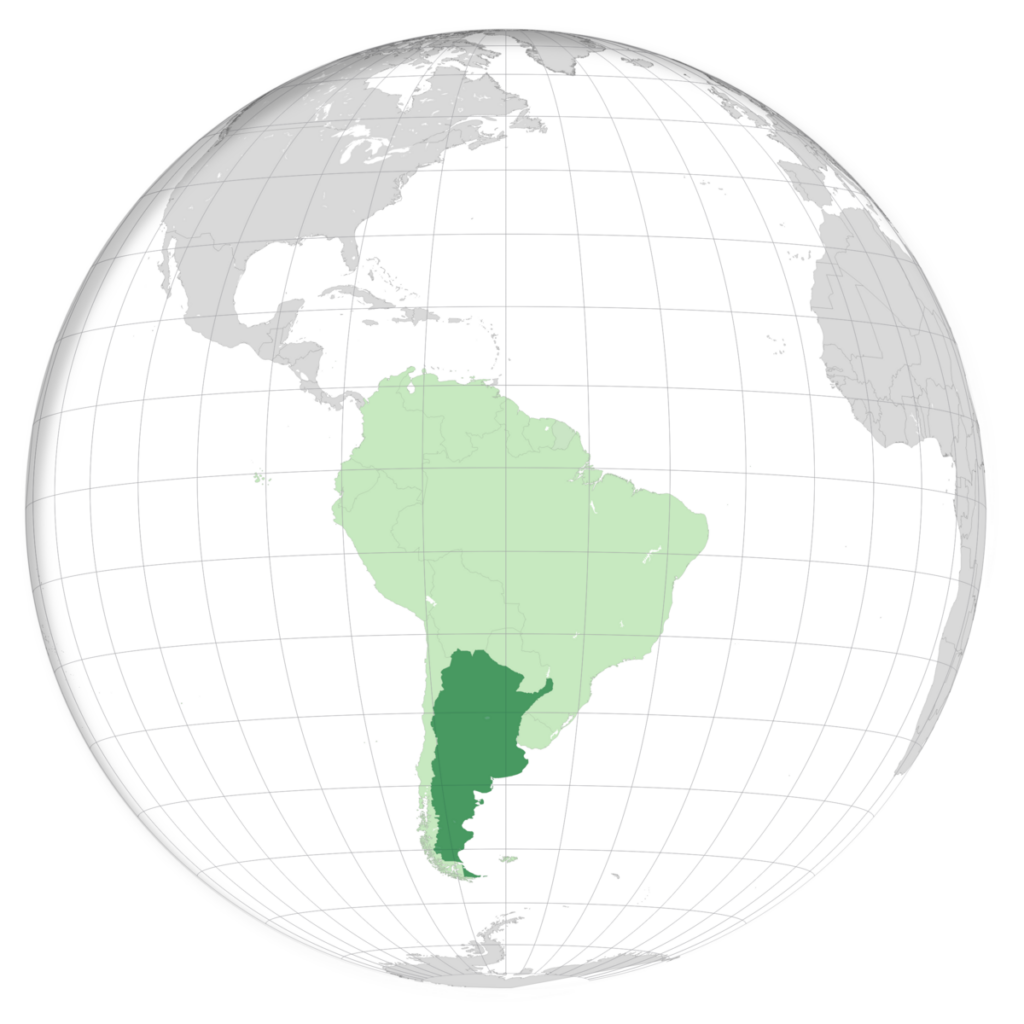
Q: What is the time zone in Argentina?
A: Argentina has multiple time zones. The primary time zone used in Buenos Aires and most of the country is Argentina Standard Time (ART), which is UTC-3. However, during daylight saving time, the time may be adjusted to UTC-2.
It is always advisable to double-check the latest travel advisories, visa requirements, and other relevant information before planning your trip to Argentina.
Watch Video
Read also
- Afghanistan – A Historical and Geopolitical Perspective
- Albania – The Land of Rich History, Natural Beauty, and Cultural Heritage
- Algeria – A Rich Tapestry of History, Culture, and Natural Beauty
- Andorra – The Principality in the Pyrenees
- Antigua and Barbuda: A Tropical Paradise with Rich History and Breathtaking Beauty
